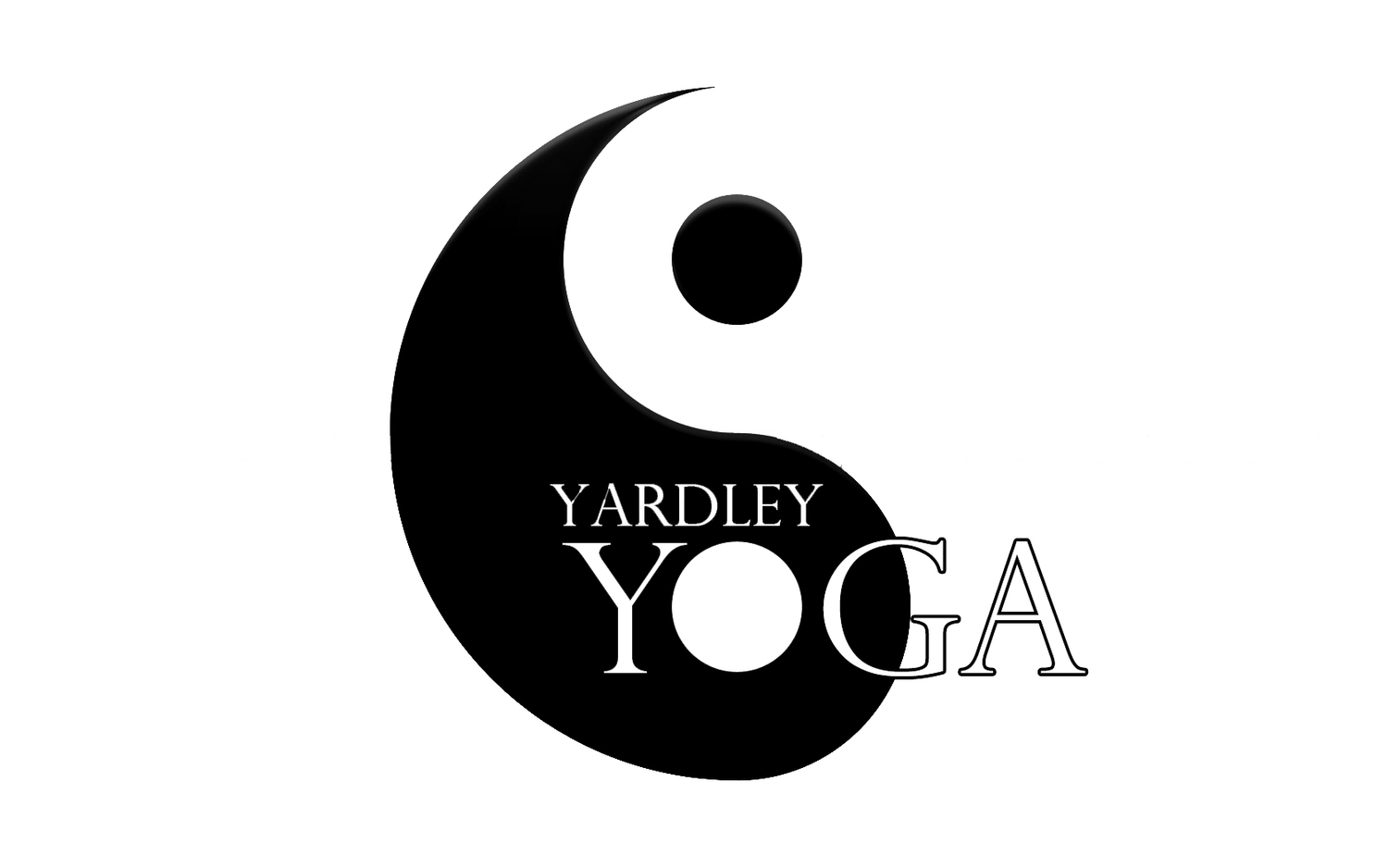Why yoga beats depression: Harvard and Columbia study 'prove' how the relaxing workout eases symptoms
- Taking yoga classes can help ease depressive symptoms, a new study says
- Participants who took two to three classes a week saw reduced symptoms
- Past studies have said that yoga increases serotonin production in the brain and is helpful due to its emphasis on breathing and concentration
By Mary Kekatos For Dailymail.com
PUBLISHED: 17:06, 15 March 2017 | UPDATED: 22:49, 15 March 2017
Yoga can do more than just cure your back pain, it can also cure your depression.
A new study has found that those with depression reduced their symptoms through the workout.
Previous studies have shown that yoga increases the production of serotonin - a mood stabilizer in the brain - and its emphasis in breathing, concentration and smooth movement helps reduce symptoms.
Scientists say that this study underlines exactly why many doctors suggest yoga could even be a replacement for antidepressant drugs.
Taking two to three yoga classes a week can help lessen depressive symptoms, a new study reveals
The study, conducted between Harvard University in Massachusetts and Columbia University in New York, held a 12-week integrative health intervention for 30 people, practicing yoga and breathing exercises.
Specifically, they practiced coherent breathing, where you take just five breaths per minute.
The participants took classes in Iyengar yoga, which focuses on detail, precision and alignment in posture and breath control.
Subjects were split into two groups: one taking three classes a week and one taking two classes a week.
All of them were diagnosed with major depressive disorder and were either on no antidepressant medications or on a stable dose of antidepressants for 3 months or less.
Researchers used a Depression Inventory measure to assess depressive symptoms in the 30 participants, at the beginning of the study and throughout the 12-week intervention.
They found that although symptoms declined considerably in both groups, those who took three yoga classes a week were more likely to achieve lower depression scores after 12 weeks than subjects who took two classes.
Depression affects more than 15 million American adults, or about 6.7 percent of the US population.
WHY HEALTHY ADULTS SHOULDN'T TAKE ANTIDEPRESSANTS
Healthy people who take antidepressants are twice as likely to become suicidal and violent, researchers claimed last year.
The first ever review of trials of antidepressants taken by healthy adults, who have no signs of a mental disorder, concluded the pills doubled harms related to suicide and violence.
The analysis, published in the Journal of the Royal Society of Medicine in October 2016, examined 13 previous trials of antidepressant drugs, involving 612 patients.
The researchers, from the Nordic Cochrane Centre and the University of Copenhagen, claimed the original papers underestimated the risk of suicide and other harms.
The most common psychological disorder in the Western world, around ten times more people are diagnosed with depression now than 70 years ago.
Emotionally crippling, it can require years of expensive and time-consuming therapy, and often medication to control it.
Approximately 188 million prescriptions a year are written in the US for anti-depressants.
The researchers claim that up to 50 percent of individuals treated with antidepressant medications for depression do not achieve full remission.
They say that the current treatments for depression are not effective in reducing the associated morbidity or mortality.
'This provides preliminary support for the use of yoga-based interventions as an adjunct to pharmacologic treatment for depression,' the authors wrote.
'This intervention has the advantages of avoiding additional drug side effects and drug–drug interactions.'
One recent study compared levels of the amino acid GABA in those who regularly practiced yoga and those who do an equivalent amount in walking.
This amino acid is vital for a well-functioning brain and central nervous system and helps promote feelings of calm inside the body.
Scientists found that levels were significantly higher in those who did yoga - low GABA levels are associated with depression and anxiety.
A study published in January, University of Auckland in New Zealand, revealed that also having good posture by sitting upright can help you feel less depressed.
'Compared to sitting in a slumped position, sitting upright can make you feel more proud after a success, increase your persistence at an unsolvable task, and make you feel more confident in your thoughts,' said lead researcher Dr Elizabeth Broadbent.
'Research also suggests that sitting upright can make you feel more alert and enthusiastic, feel less fearful, and have higher self-esteem after a stressful task.'
